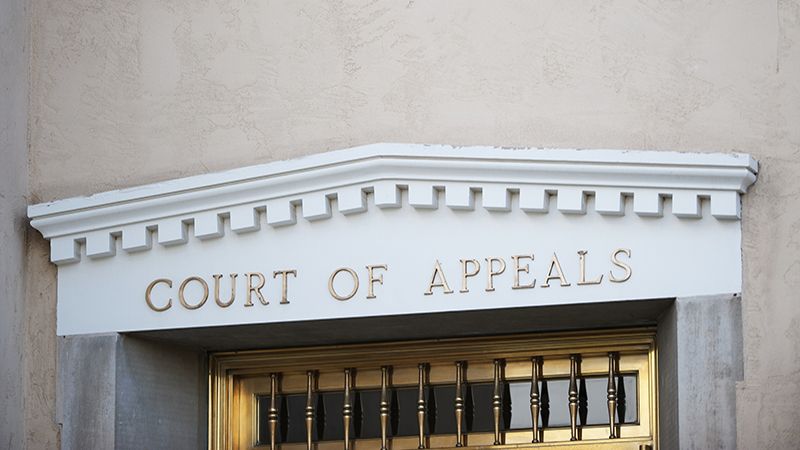The Sierra Club and the Sierra Club Foundation, represented by Earthjustice, have filed a lawsuit against the Securities and Exchange Commission (SEC) in the US Court of Appeals over its final rule requiring public companies to disclose climate-related risks to their businesses and plans to manage or mitigate them.
The non-profit organisations accuse the SEC of “capitulating” to industry lobbyists by rolling back emissions disclosure requirements. The final rule “arbitrarily removed Scope 3 emissions disclosure requirements”, which were included in the proposed rule and supported by 97% of investor comments, and “weakened Scope 1 and 2 emissions disclosure requirements”.
Investors need complete information about a company’s exposure to climate-related financial risks, continued Sierra Club, through “a full accounting of their greenhouse gas (GHG) emissions”, in turn helping to determine whether a company’s business practices align with their transition plans and/or emissions reduction targets. The final rule removes this requirement and “may open investors to misleading and incomplete information”.
“While the SEC’s final climate disclosure rule will provide investors with some much-needed information, the Commission’s arbitrary decision to remove robust emissions disclosure requirements and other key elements from the proposed rule falls short of what the law requires,” Ben Jealous, executive director of the Sierra Club, said.
“Through legal action, we hope to ensure that all investors, including the Sierra Club and its members, have the information they need to evaluate companies’ climate-related risks, make smart investment decisions, and protect their assets for decades to come.”
As organisations that manage millions of dollars in investments, both the Sierra Club and the Sierra Club Foundation, alongside Earthjustice, submitted multiple comments to the SEC while it was forming its final climate disclosure rule. The Sierra Club Foundation also signed multiple letters from investor groups including the Coalition on Inclusive Economic Growth, UN Principles for Responsible Investment, and 143 investors representing $965bn in assets under management.
According to them, these investors “cannot adequately manage their investments without complete information on publicly-traded companies’ vulnerability to climate-related risks”. By allowing companies to selectively report their emissions, they accuse the SEC of falling short of its statutory mandate to protect investors, maintain fair, orderly, and efficient markets and promote capital formation.
Hana Vizcarra, senior attorney at Earthjustice, added: “As climate impacts like wildfires, floods and drought disrupt every facet of the US economy, the SEC chose to bury its head in the sand instead of requiring companies to show the full climate risks they pose. The climate disclosure rule fails to protect investors, encourage more efficient markets and contribute to the financial stability of our economy. While it has the legal authority to issue the rule, the SEC succumbed to industry pressure and finalised a rule that opens investors to greenwashing and rapidly widening disclosure gaps.”
Responding to the lawsuit, an SEC spokesperson said: “The Commission undertakes rulemaking consistent with its authorities and laws governing the administrative process, and will vigorously defend the final climate risk disclosure rules in court.”








